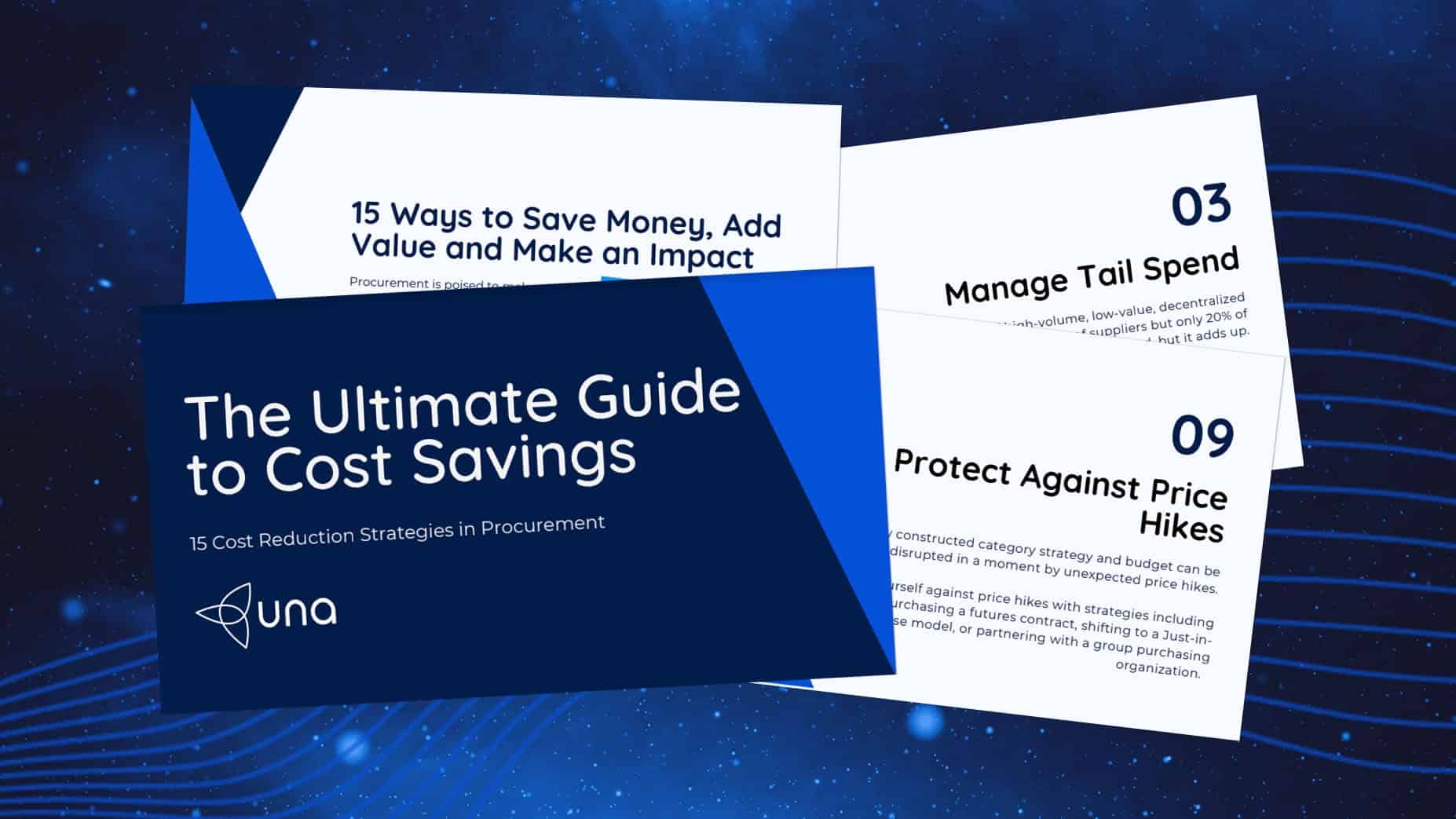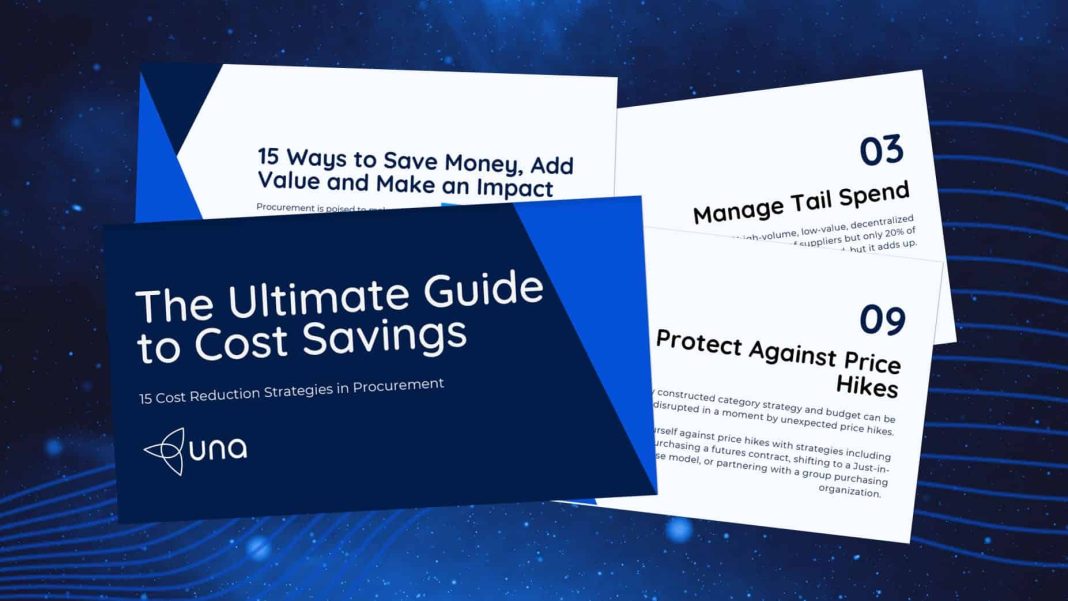 Top 8 Money Moves to Make When Your Paycheck Arrives
Top 8 Money Moves to Make When Your Paycheck Arrives
Introduction:
Are you looking for effective strategies to boost your savings and make the most of your paycheck? As a budget-saver with years of experience, I’ve uncovered the top eight money moves that will help you grow your wealth. In this article, I’ll share proven tips to save more, invest wisely, and build a solid financial foundation for long-term success.
1. Find Your Financial Baseline:
To start, it’s essential to identify your financial baseline. Record all your monthly expenses in a spreadsheet to determine how much you need to cover your current lifestyle. Take a close look at non-essential expenses like subscriptions and eliminate those you can do without. By doing this, you can identify your core expenses, such as housing, groceries, insurance, and utilities. Aim to keep your financial baseline under 50 percent of your total income.
2. Build an Emergency Fund:
Having an emergency fund is crucial for financial stability and peace of mind. Experts recommend saving up to six months’ worth of expenses in your bank account to cover unexpected costs like car accidents, job loss, or illness. A study found that 56 percent of Americans can’t afford an unexpected $1,000 expense, and 22 percent don’t have an emergency fund. So, it’s essential to prioritize building this fund.
3. Pay Off High-Interest Debt:
After building an emergency fund, the next priority is paying off high-interest debt. Debt can strangle your monthly income and limit your ability to save and invest. Approximately 77 percent of American adults are in debt. To tackle this issue, consider two effective strategies: the avalanche method (paying off loans with the highest interest rates first) or the snowball method (paying off the smallest loan amount first for motivation).
4. Start Investing:
Investing is vital for long-term wealth building. Over time, the stock market has historically returned about 10 percent per year. This means your money could double every ten years without any effort. Even if you’re older, it’s never too late to start investing. Investing consistently is part of the U.S. Government’s recommendation plan called MyMoney Five.
5. Prioritize Investment Accounts:
Knowing which investment accounts to prioritize is crucial for maximizing returns and minimizing taxes. Begin by contributing to your employer’s 401(k) account, especially if they offer matching contributions. This essentially gives you free money. After that, consider opening a Roth IRA account, where you can withdraw contributions tax-free at any time. Finally, invest in a regular taxable brokerage account.
6. Invest Consistently:
Timing the market is a common mistake. Instead, consider consistently investing a fixed monthly amount, regardless of market fluctuations. This strategy, known as dollar-cost averaging, minimizes the cost per share over time. It’s important to note that investing consistently is recommended by experts and backed by hard data and math.
7. Buy Back Your Time:
Time is a valuable resource, and it’s essential to consider the opportunity cost of your time. While you may be able to earn more money by working on a side hustle, it might be worth investing your time in more profitable activities. Outsourcing tasks you dislike or that take up too much time, like cleaning or lawn mowing, can free up your time for more valuable pursuits.
8. Automate Your Finances:
Automating your finances is a crucial step in avoiding decision fatigue and ensuring consistent bill payments, savings, and investments. Set up automatic transfers from your paycheck into a spending account for fixed monthly bills and essential expenses. Additionally, create a savings account for emergency funds, debt repayment, investing, and opportunity costs. Automating your finances saves time and reduces headaches in the long run.
Conclusion:
By following these eight money moves, you can make the most of your hard-earned money and build long-term wealth. Remember to aim for a financial baseline under 50 percent of your income, build an emergency fund, pay off high-interest debt, start investing, prioritize investment accounts, invest consistently, buy back your time, and automate your finances. These strategies will help you achieve financial stability and set you on the path to long-term success.


